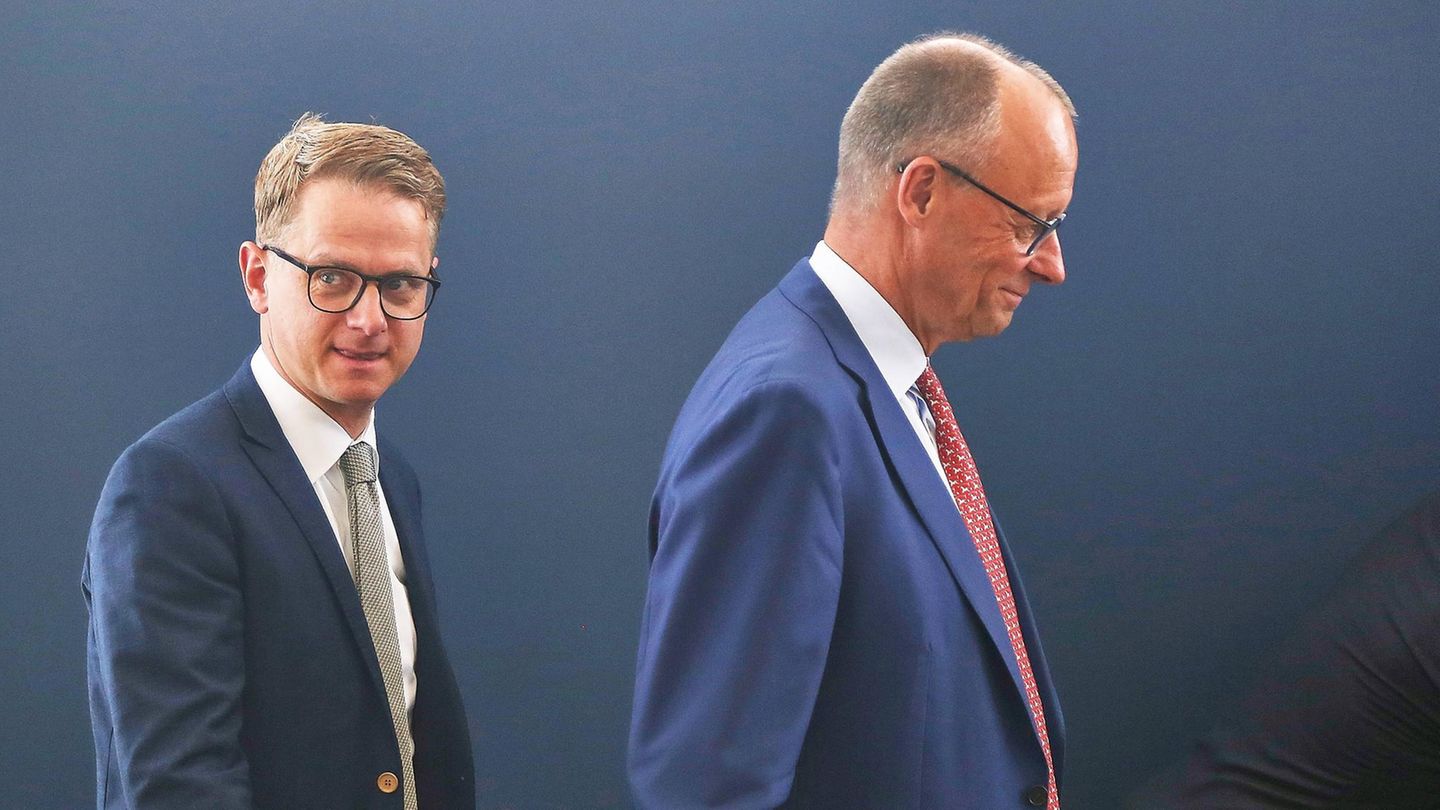Beyond Sunday’s specific result, what will be central will be the market’s reading of the sustainability of the economic program and the government’s political capacity to build consensus.
The Argentine markets are going through days of extreme volatility that I have never seen in my 8 years of dedicating myself to the capital markets in the run-up to the legislative elections. Investors are moving between the relief brought by the unprecedented financial assistance from the United States and political uncertainty. The contrast between both factors – external support and internal fragility – explains the current price dynamics and prepares the ground for a Monday that, according to all analysts, will be one of vertical movements.
The content you want to access is exclusive to subscribers.
The announcement by the North American Treasury, led by Scott Bessentwas categorical: a swap of US$20,000 million to which another repo package with private banks for a similar amount would be added, bringing the total aid to US$40,000 million. This is an unprecedented measure in the last 20 years for an emerging country and, In immediate terms, it clears the payment horizon until 2027. The American Treasury itself has already intervened by purchasing pesos in the local market, something reserved until now only for hard currencies such as euros or yen, in an unusual show of support.


However, the tone changed when Trump explicitly linked the continuity of that assistance to an electoral victory for the ruling party. His words –“We will support as long as Milei wins”– were interpreted as political conditioning and had immediate effect: dollar bonds fell up to 8%, ADRs sank more than 10% and cash with settlement jumped to $1,470, widening the gap to more than 8%. The market once again read the local scenario in a binary key: continuity or rupture of external support, with prices adjusting accordingly.
Although Trump later sought to qualify his statements on social media, clarifying that he was referring to the 2027 presidential elections and not this month’s legislative elections, the damage had already been done. Investors internalized that local politics once again conditions the entire financial front. Even with September inflation in line with expectations (2.1%) and a generalized slowdown in core prices, attention was completely absorbed by the political level.
Portfolios face three possible scenarios:
- Negative scenario (conclusive defeat of the ruling party, as happened in PBA): it would imply a new correction in sovereign bonds and local stocks, with a preference for more defensive positions in US cash, first-line ONs (Pampa, Telecom, YPF, Vista, Loma, Arcor, TGS) or directly in offshore assets.
- Positive scenario (clear victory): it would open the door to a strong compression in long bonds, especially GD35 and AE38, punished at parity and with high upside potential. At the same time, it would support a rally in banking and energy stocks, two sectors with high beta and sensitivity to market mood.
- Neutral scenario (defeat by a few points): even in that case, some recovery is expected, as the ruling party could add seats and with them the ability to negotiate alliances that allow it to advance its reform agenda.
For corporate treasuries, the opportunity is to take advantage of high rates in pesos or directly set up exchange hedges with dollar-linked bonds, an instrument that has been gaining prominence in Treasury tenders as an alternative to the stress of the peso curve. Beyond Sunday’s specific result, what will be central will be the market’s reading of the sustainability of the economic program and the government’s political capacity to build consensus. The most recent reports warn that the risk lies not only in the short term, but in the execution of structural reforms even with a favorable result. The ruling party must demonstrate governability and legislative support to maintain fiscal balance and move forward with fundamental changes.
In conclusion, Argentina once again places itself at the center of a classic test: the possibility that an external confidence shock, in this case financial support from the US, can be transformed into a virtuous cycle of falling country risk, accumulation of reserves and recovery of economic credibility. But history shows that without internal consensus or political stability, external financing is usually just a temporary relief. The market, aware of this, is preparing for a pivotal Monday that could define the tone of the coming months.
* Partner at AT Inversiones.
Source: Ambito
David William is a talented author who has made a name for himself in the world of writing. He is a professional author who writes on a wide range of topics, from general interest to opinion news. David is currently working as a writer at 24 hours worlds where he brings his unique perspective and in-depth research to his articles, making them both informative and engaging.




